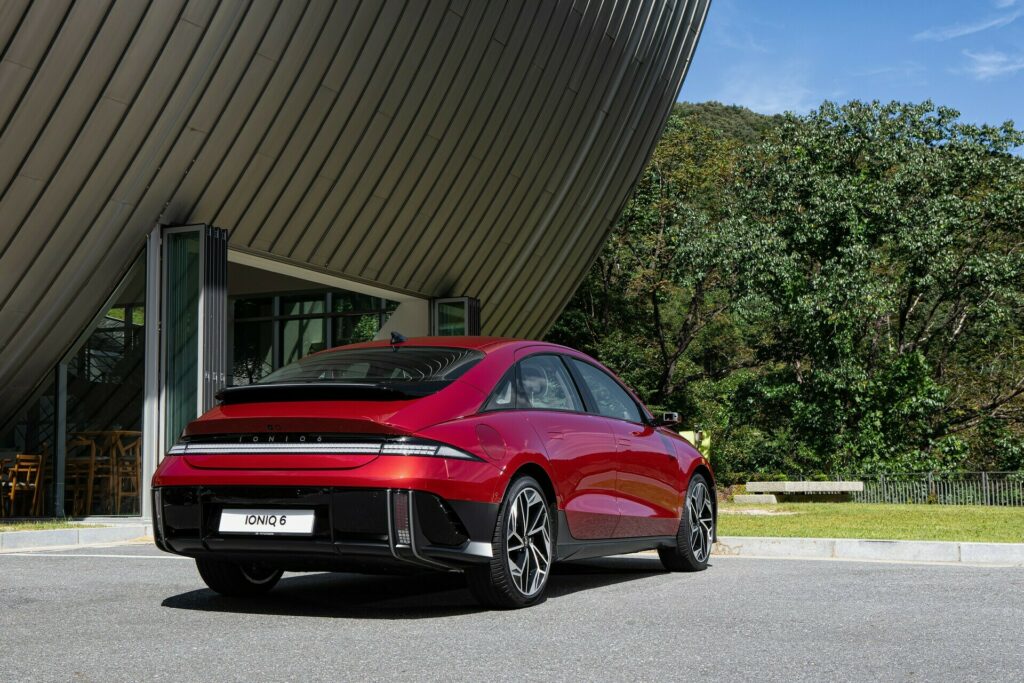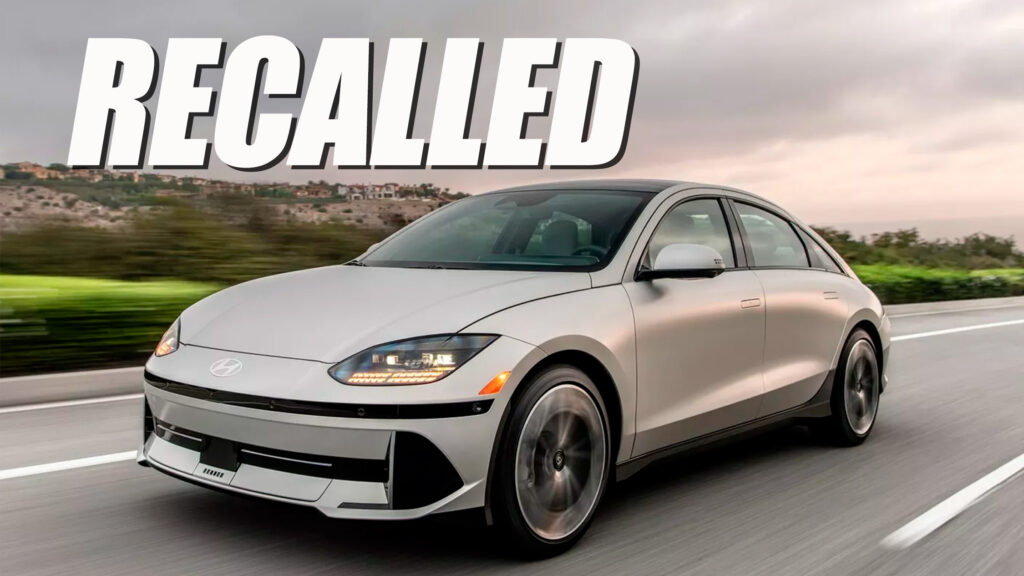- This recall impacts two Ioniq 6s with faulty rear Motor-Gear Drive Unit assemblies.
- Hyundai says an improperly torqued bolt could trigger a sudden loss of power.
- Impacted models were assembled between August 19, 2023, and August 21, 2023.
The unfortunate owners of two Hyundai Ioniq 6s in the U.S. will need to bring their EVs to a local dealer as they were built with differential gear bolts that may have been improperly torqued.
Hyundai says a small batch of Motor-Gear Drive Unit (MGDU) assemblies that required tightening of the differential gear bolts was accidentally delivered to its Tier 1 supplier and used in production. Vehicles with a loose differential gear bolt could emit a grinding noise while driving and the bolts could damage the MGDU housing and/or reduction gear over time. It could also trigger a differential lock-up or a sudden loss of power.
Read: The Hyundai Ioniq 6 Is The Cheapest New Car To Lease In America – Are You Tempted?
The two Ioniq 6 models impacted by the recall were manufactured between August 19, 2023, and August 21, 2023.
After discovering the issue, the MGDU supplier implemented new processes to prevent a similar problem from occurring in the future. It now inspects bolted areas using gap measurement tooling, has revised rework schedules, designated rework areas, and has started to use barcodes to help with tracing parts.

Dealers will be notified of the recall digitally on June 18, 2024, while owners will be notified from the same date through certified mail. The two owners will be asked to bring their vehicles to a local Hyundai dealer where the rear MGDU assembly will be replaced at no cost. Owners will also be reimbursed if they have incurred any costs related to the issue.
This is not the only recent recall impacting the Ioniq 6 in the U.S. In late March, Hyundai, Kia, and Genesis issued a recall for 147,110 EVs sold in the U.S. between 2021 and 2024. Of these vehicles, 18,017 were Ioniq 6s. The recall was launched after it was found the integrated charging control unit’s internal components could fuse, preventing the 12-volt battery from charging and potentially leading to a complete loss of power.




